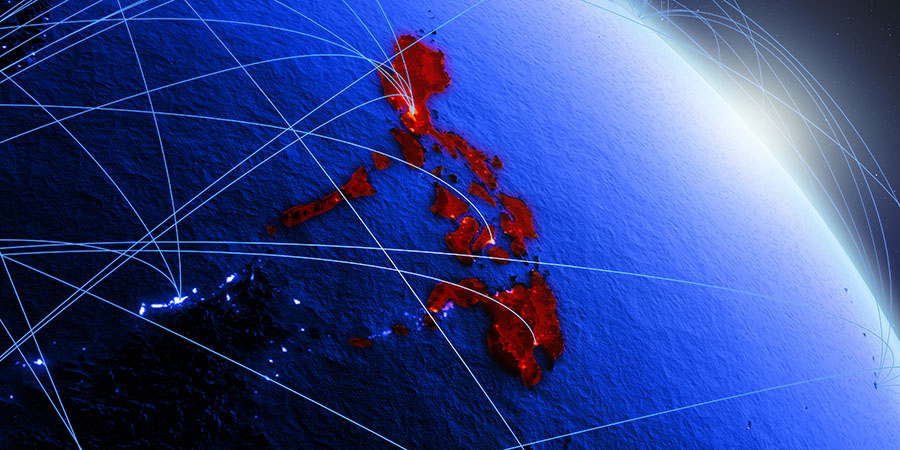The Asia Pacific region has witnessed a rapid evolution in telecommunications, driven by technological advancements, increasing demand for connectivity, and a competitive market landscape. As telecom companies strive to meet the growing needs of consumers and businesses, they face significant challenges in managing network complexity effectively.
Featured Articles
Inside China's Smart City Boom: Leveraging AI, 5G, and IoT for Urban Innovation
As the world's urban population grows year after year, cities face increased pressure to adapt and innovate. According to the United Nations, over half of the world's population lived in cities in 2019, with that figure expected to rise to 68% by 2050, according to a study presented at the 21st International Scientific Conference Globalization and its Socio-Economic Consequences 2021. This exponential growth highlights the critical need for cities to strengthen their infrastructure and implement comprehensive urban development strategies.
Hong Kong's Remarkable Climb in Global Data Center Rankings
Hong Kong has once again demonstrated its status as a leading data center hub on a global scale. According to the latest Global Data Center Market Comparison report by Cushman & Wakefield, the vibrant city-state has risen to fourth place in the overall rankings, reinforcing its status as a top contender in the field of data infrastructure.
Assessing the Role of Public-Private Partnerships in Telecom Infrastructure Development
Public-Private Partnerships (PPPs) have emerged as a vital strategy in promoting telecom infrastructure development globally. By combining the resources and expertise of both public and private sectors, PPPs play a crucial role in bridging the infrastructure gap and meeting the growing demand for telecommunication services.
Save the Date: The Telecom Review Leaders’ Summit Legacy Continues
In the vibrant and innovative city of Dubai, UAE, from December 10 to 11, 2024, the highly anticipated annual Telecom Review Leaders’ Summit will be back as a cornerstone event in the ICT industry's calendar.
The Growth of ICT and the Digital Evolution of the Philippines
The Philippines has experienced a significant increase in the use of digital technology in several industries, primarily driven by a tech-savvy population, government policies that encourage digital adoption and investments both locally and internationally.
Establishing Governance in AI Deployment in Southeast Asia
The emergence of artificial intelligence (AI) has opened up new opportunities and possibilities for progress, which has revolutionized several industries globally. Consequently, these opportunities have come with a lot of responsibilities, especially regarding its ethical deployment.
The Evolution and Impact of Mobile Financial Services
By Marco Lichtfous, Managing Director, PMP Strategy Benelux & DACH and Vivek Yadav, Managing Director, PMP Strategy MEA
Regulatory Perspectives and Policies Influencing 5G Adoption in the Asia Pacific

Asia Pacific leads 5G adoption with varied speeds and evolving regulations, reflecting regional diversity and challenges.
The Asia Pacific is leading the way in deploying and adopting 5G technology as it becomes more prevalent worldwide. The region is experiencing a strong push towards implementing 5G, thanks to a mix of regulations, industry partnerships, and technological progress. It is important for telecom companies, policymakers, and consumers to grasp the regulatory landscape and policies that are shaping 5G adoption in the Asia Pacific.
The Role of CDNs in Improving Modern Content Delivery in Asia
Content consumption has become widespread over the years due to the emergence of various content platforms. With just a screen, individuals can effortlessly access a diverse array of content spanning from news and politics to lifestyle and entertainment.















